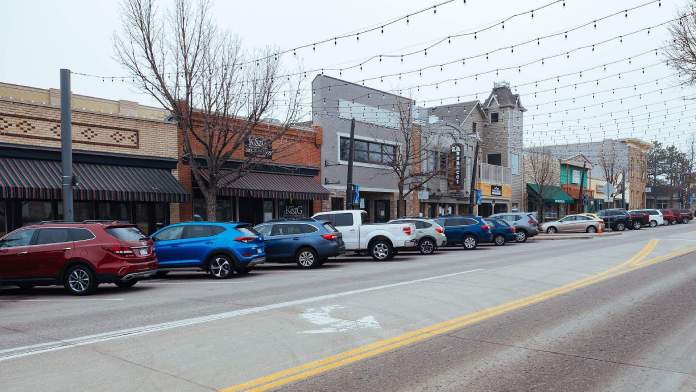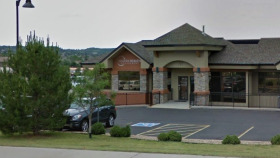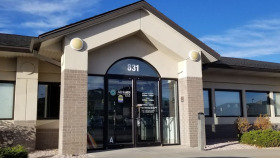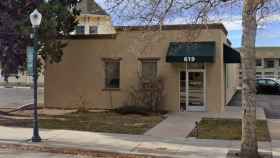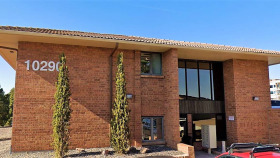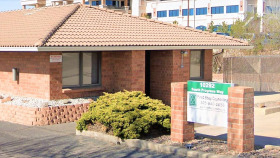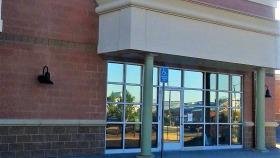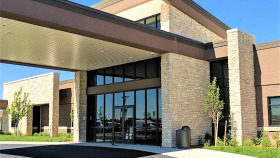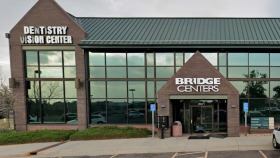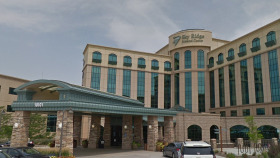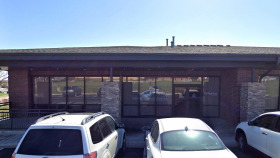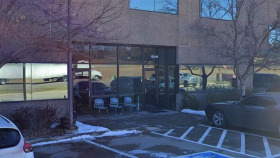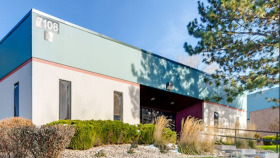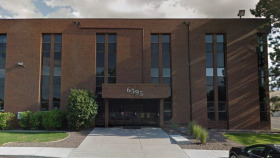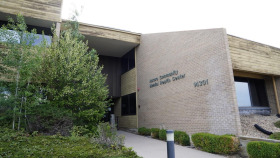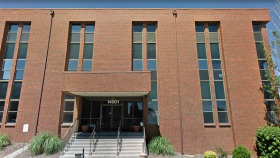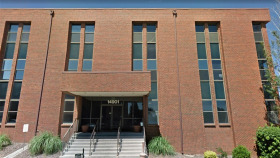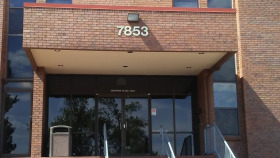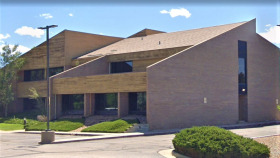Substance Abuse Statistics in Castle Rock
Here are some recent drug and alcohol abuse statistics for Castle Rock and Douglas County:1,2
Emergency department visits related to drugs increased by 25% between 2016 and 2020
Between 2016 and 2020, drug overdose deaths were responsible for 2.2% of all county deaths, more than COVID-19 and diabetes
Over 16% of youth report binge drinking, compared to 17.1% of adults
Nearly 14% of youth report current marijuana use, compared to 11% of adults
Levels of Substance Abuse Treatment
Substance abuse treatment varies based on needs. Following are the diverse levels of care provided to meet those needs.
Alcohol and Drug Detoxification
This process, often referred to simply as detox, involves safely and comfortably removing drugs or alcohol from your system. It occurs under supervision, usually in a hospital or inpatient rehab facility.
Residential or Inpatient
Inpatient treatment involves 24/7 supervision while you live at a rehab facility. Methods of treatment typically include group and individual therapy and may also involve medication and other forms of therapy.
Partial hospitalization programs (PHPs)
PHPs involve many of the same treatment methods as inpatient care, but you live at home while receiving treatment. You only stay at the facility during treatment hours.
Intensive Outpatient Programs (IOPs)
IOPs offer a step down in supervision from a PHP. They involve several hours of counseling throughout the week, while you spend the rest of your time fulfilling work, school, or home obligations.
Standard Outpatient
Standard outpatient care involves minimal supervision, with just one to two hours of treatment per week. Highly motivated people with a strong support system tend to find this level beneficial.
Relapse Prevention
Relapse prevention, also called aftercare, begins after you complete a rehab program. This ongoing support may involve continued therapy and 12-step groups.
How to Pay for Substance Addiction Treatment in Castle Rock, Colorado
Private Insurance
By law, every insurance provider must cover substance abuse and mental health treatment services in some capacity. Colorado residents must contact their providers to confirm which services and how much is covered by their specific plan.
Colorado Medicaid
Health First Colorado is the state’s Medicaid program. This government-funded health insurance is available to those who qualify based on income. It covers the cost of various services such as therapy, inpatient drug rehab and outpatient substance abuse treatment.3
Colorado Medicare
Colorado Medicare is a government program that provides health insurance coverage to residents over the age of 65 and to individuals with certain disabilities or health conditions. You can use Medicare to cover the cost of drug addiction treatment services, including rehab. However, not all rehab facilities accept Medicare as a method of payment.
TRICARE in Colorado
Colorado TRICARE (West region) is a government program that offers health insurance coverage to U.S. Armed Forces military personnel, veterans, and their families. TRICARE coverage includes addiction treatment services; however coverage may differ by plan and region.
Sliding Scale Rehabs
Sliding scale rehabs are income-based, charging only what a Colorado resident can reasonably afford to pay. To qualify for these programs, proof of income is usually required.
IHS-Funded Drug Rehabs
Drug rehabs funded by the Indian Health Service (HIS) provide free addiction treatment to U.S. Indigenous people and Alaskan Natives. This coverage is provided even if other forms of payment are available.
Castle Rock Visitor Information
When considering attending addiction treatment in Castle Rock, you’ll want to know the best way to get there as well as information to tell your family who wants to visit. Here’s the overview:
- The closest international airport to Castle Rock is Denver Airport, which is about 35 miles away.
- You can also fly into Colorado Springs, which is about 41 miles away from Castle Rock.
- There isn’t a direct line from the Denver airport to Castle Rock, but you can take the bus to Arapahoe and then take a cab or a Lyft/Uber to Castle Rock
- Overall, Castle Rock is not super walkable or accessible but certain neighborhoods like Craig & Gould and Castle Rock Heights are walkable and have access to downtown
- It is not the most bikeable city, lacking bike lanes in certain neighborhoods; however, there are countless bike trails in Castle Rock for mountain biking, such as Ridgeline Open Space and Philip S. Miller Park
- For snowboarding and ski fun, Loveland is 83 miles away, Winter Park is 102 miles away, and Breckenridge is 108 miles away, making them all a fairly day trip
- You can go for beautiful hikes at Castlewood Canyon State Park
- There are 50 developed parks in Castle Rock, making it a great place for your family
- Spend a day shopping at the Outlets at Castle Rock, an open-air outlet center
- Castle Rock gets about 300 days of sunshine per year, making it a wonderful climate, even in the winter
- Attend a magic show, comedy act, or circus show at the Theatre of Dreams
Colorado Alcohol and Drug Laws
Colorado lawmakers and public health agencies have enacted the following laws related to substance misuse and overdoses:1,2
911 Good Samaritan Law: This law states that a person is immune from criminal prosecution for an offense when they report an emergency overdose. This includes Colorado residents who call 911 or remain at the scene of the event, and the person who experienced the overdose.
Naloxone Standing Orders: Enacted in 2015, this law allows licensed prescribers to provide Naloxone to Colorado residents who may experience an opioid overdose, even without a prescription. The goal is to increase access to this overdose antidote and reduce the number of overdose deaths.
Needle-Stick Prevention: This law allows police officers to make an exception to arrest and charges for the crime of possession of drug paraphernalia if the Colorado resident informs the officer that they have a needle, syringe, or other sharp objects on their person or in their home or vehicle—prior to being searched.
Syringe Exchange Programs: In Colorado, nonprofits and health facilities can operate a syringe exchange program without prior board of health approval. Organizations and participants in these programs are also exempt from paraphernalia laws.
Marijuana Laws: Colorado legalized recreational marijuana in 2012. Adults at least 21 years old may buy up to 1 ounce of retail marijuana from a licensed store and possess up to 2 ounces at a time. It is illegal to drive in Colorado after consuming marijuana. State law sets the impairment level for marijuana at 5 nanograms of THC per milliliter of blood.
Resources
- Douglas County Public Health Department. (n.d.). Douglas County Board of Health Community Health Assessment (CHA) Update.
- Tri-County Health Department. (2020). Douglas County, Colorado: A Health Update from Tri-County Health Department.

